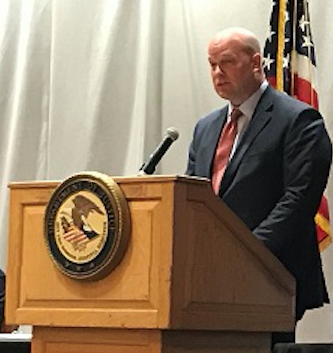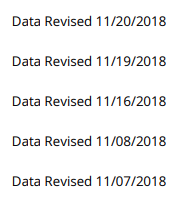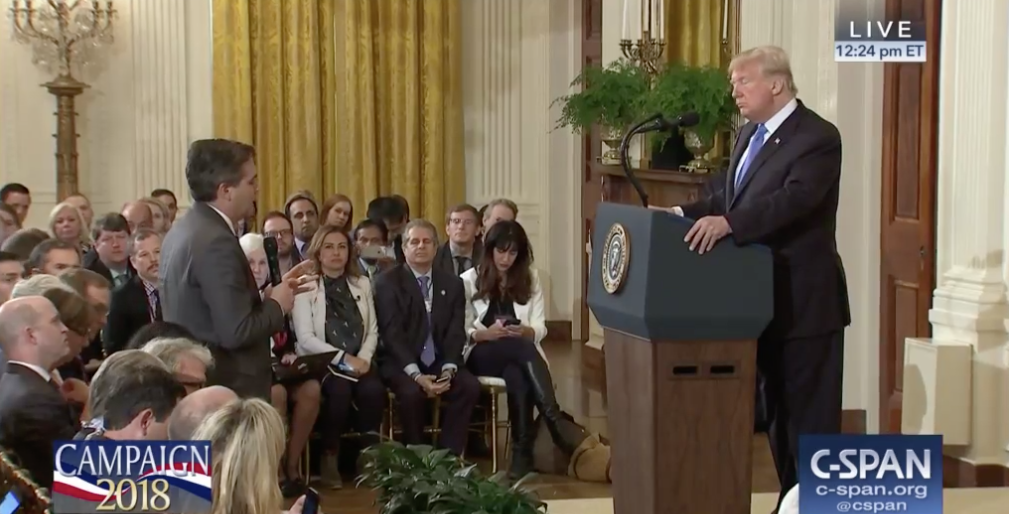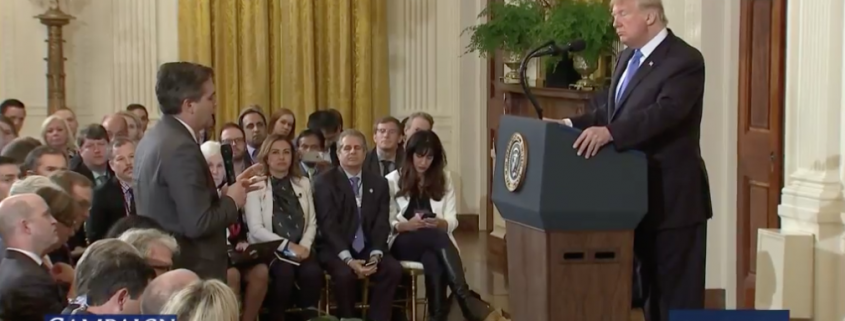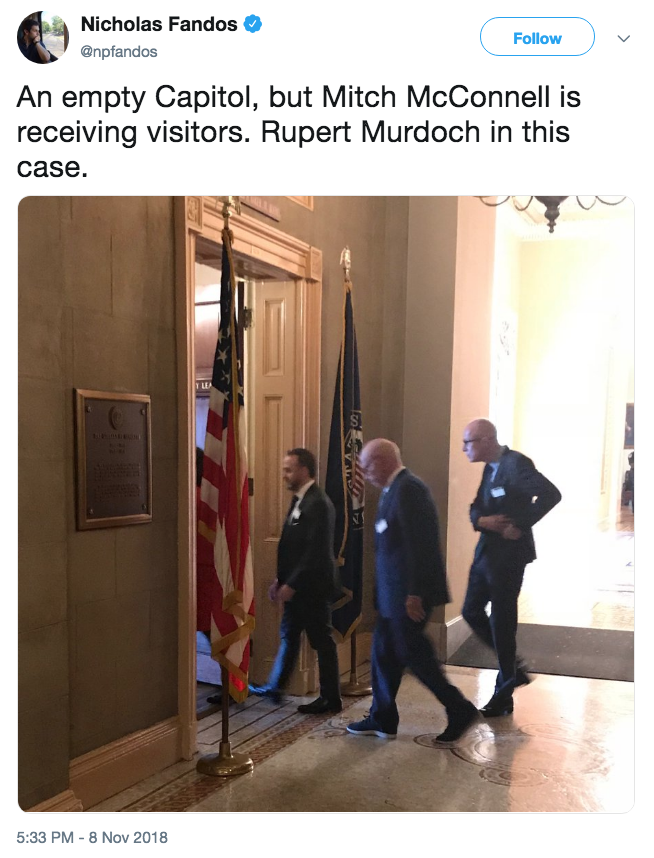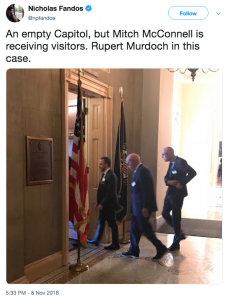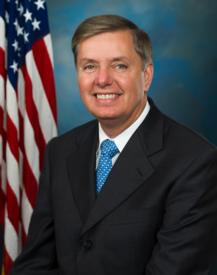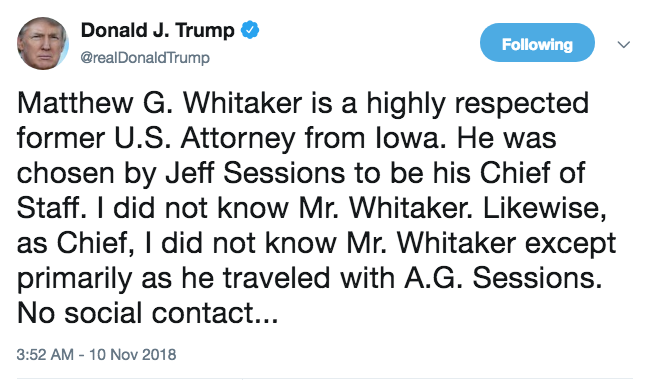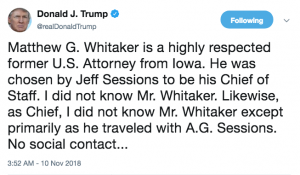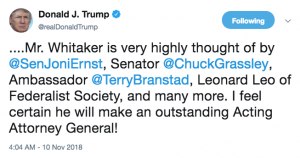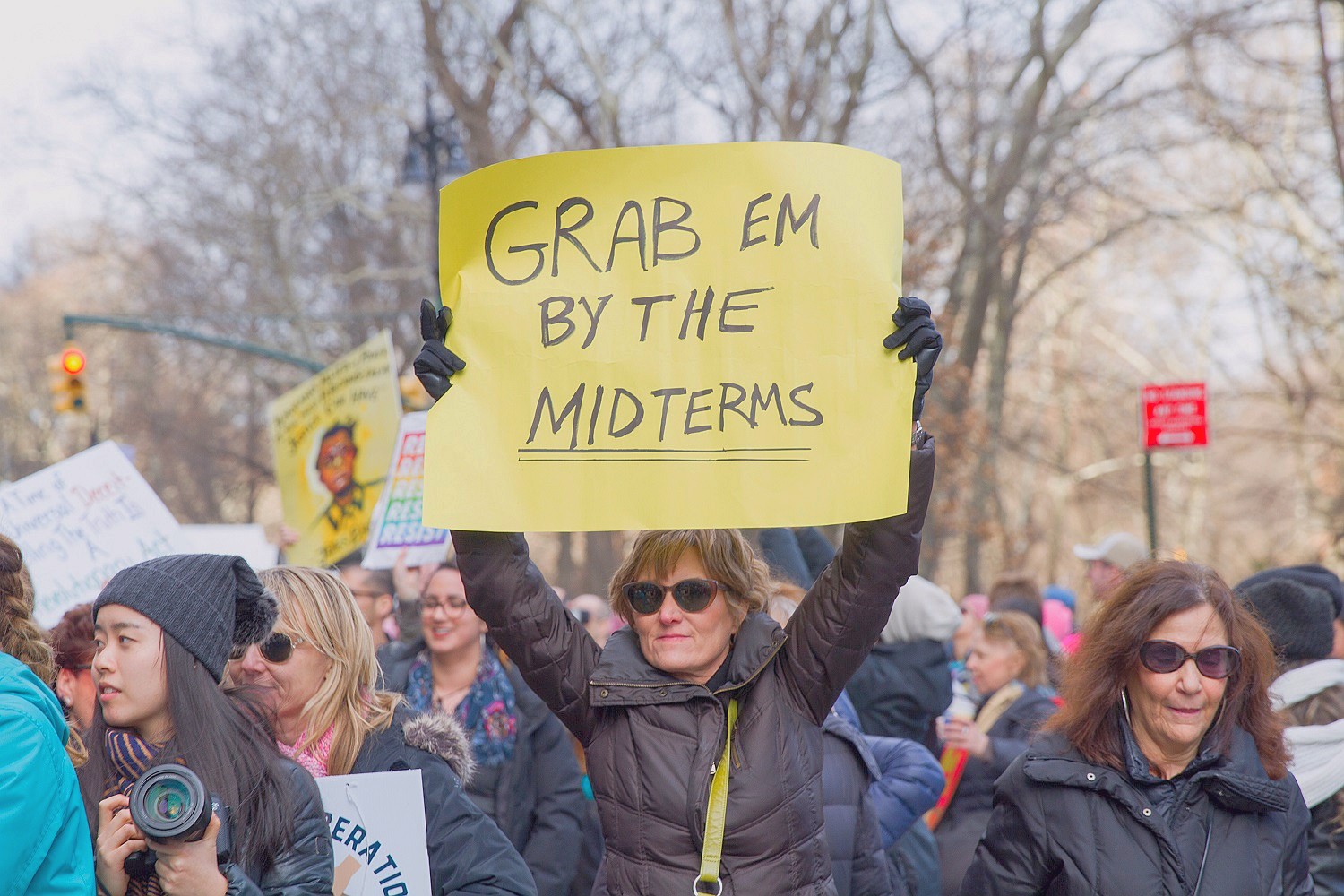Yevgeniy Prigozhin Continues to Troll Both Online and in the Courts
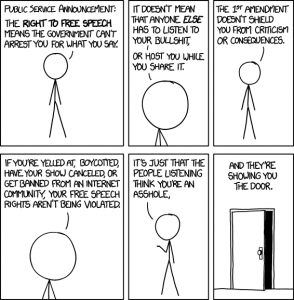
xkcd comic used under Creative Commons license — available online at https://imgs.xkcd.com/comics/free_speech.png
The trolls are engaging in lawfare again.
For some time, I’ve been fascinated by the way, particularly in the wake of the 2016 election tampering, Russians have engaged in lawfare to score political points against the US. There were the multiple lawsuits pertaining to the Steele dossier. There was Concord Management’s unexpected defense in the Internet Research Agency indictment. Last week, Yevgeniy Prigozhin’s trolls struck again, this time suing Facebook for deleting the account of Federal Agency of News on April 3, 2018.
I’m a bit mystified by this suit. It may be a moonshot bid to learn more about Mueller’s investigation and insinuate that Facebook is an agent of the US government. More likely, it may be as much about pressuring Facebook in Russia as it is about winning reinstatement on Facebook.
Another Prigozhin attempt to use lawfare to embarrass the US government (and their willing partner Facebook!)
As with Concord’s defense, Prigozhin has hired legit American lawyers for the lawfare. But unlike Concord’s defense, it’s not clear how seriously to take this effort. The suit complains, in significant part, that Facebook has deprived FAN of its First Amendment rights.
FAN’s publications and posts on Facebook were the exercise of its constitutionally protected freedom of speech to inform the general public of historical and current events in politics, entertainment and other areas of public interest.
Facebook violated FAN’s First Amendment rights by deleting the contents of FAN’s Facebook Page and blocking FAN’s access to its Facebook account.
Facebook took action against FAN in an effort to silence and deter FAN’s free speech.
Facebook violated FAN’s First Amendment rights solely on account of its and its members’ national origin.
As xkcd famously explained once, that’s not the way the First Amendment works. It only prevents the government from limiting speech. Facebook is a private company, and it can boot whatever users it sees fit. But FAN may be trying to do two things. First, by treating Facebook’s terms of service as a contract, it claims it fulfilled its side of the relationship, but Facebook nevertheless deleted its account.
FAN complied with the terms of the Contract by properly registering with Facebook, paying any fees that were due and complying with all applicable terms of service.
At no time did FAN violate the terms of the contract.
Despite its contractual obligation to provide FAN with access to Facebook. Facebook breached the contract by removing FAN’s Facebook account and blocking FAN’s content without a legitimate reason.
Then, by tying Facebook’s efforts to crack down on Russian trolls to US government efforts to respond to Russia’s 2016 operation, I suspect it is trying to argue that Facebook deleted FAN’s account as an agent of the US government, thereby amounting to a First Amendment violation. The very first section of the complaint’s Background description details, “Facebook and the United States Government Target Russian Websites.” Among other details to substantiate that effort, it cites:
- The January 2017 Intelligence Community Assessment that described “a close Putin ally with ties to Russian intelligence” funding the Internet Research Agency
- Former Facebook CISO Alex Stamos’ statements, which went overboard in trying to assure people they were hunting down all Russian influence operations, “even those with very weak signals of a connection and not associated with any known organized effort”
- Mark Zuckerberg’s comments that Facebook was “actively working with the U.S. government on its ongoing investigations into Russian interference”
As the lawsuit lays out, when Facebook removed FAN’s account in April, both Stamos and Zuck said they were doing so solely because FAN was controlled by the Internet Research Association.
All that said, it’s still highly unlikely this will work. I’m not sure if any of the CA-specific complaints will either, but like I said, this is a moonshot.
Prigozhin’s corporate laundromat
To make the argument at all, of course, FAN has to dismiss the presumed and explicit reasons Facebook banned them, starting with the accusation that they’re tied to IRA. In part, that involves claiming that IRA was disbanded in 2016.
Upon information and belief, the IRA was liquidated on or about December 28, 2016.
It also describes the new digs FAN got in 2015, after cohabiting with IRA for a year.
At the time of FAN’s incorporation and until in or about the middle of 2015, FAN and the IRA were located in the same building at 55A Savushkina Street, Saint Petersburg, the Russian Federation, 197183.
In or about the beginning of 2015, FAN searched for new premises that would be more convenient for its business with regard to a larger space for the office premises. On July 1, 2015, FAN moved to a business center at 23J Krasnogvardeiskiy Lane, Saint Petersburg, 197342.
But it also involves denying claims made in the complaint against Elena Alekseevna Khusyaynova that was filed in September but not unsealed until October, events that post-dated Facebook’s banning of FAN by over five months. In that complaint, FBI Agent David Holt had alleged that FAN was one of the entities that helped obscure Project Lakhta’s disinformation efforts.
Beginning in or around mid-2014 and continuing to the present, Project Lakhta obscured its conduct by operating through a number of Russian entities, including Internet Research Agency LLC (“IRA”), Internet Research LLC, MediaSintez LLC, GlavSet LLC, MixInfo LLC, Azimut LLC, NovInfo LLC, Nevskiy News LLC (a/k/a “NevNov”), Economy Today LLC, National News LLC, Federal News Agency LLC (a/k/a “FAN”), and International News Agency (a/k/a “MAN”).
The complaint claims FAN has nothing to do with these efforts, in part by denying (correctly, by all public accounts) that Lakhta is a legal entity.
FAN has no knowledge of “Project Lakhta”. There is no known business or other organization in the Russian Federation that operates under such name. To the extent it is some sort of informal organization, FAN is unaware of its membership, goals or methods of operation.
FAN is not an entity within “Project Lakhta” and has no relationship with “Project Lakhta”, the IRA or GlavSet. To the contrary, FAN is a news gathering and dissemination organization. In that capacity, FAN gathers news from conventional sources and adheres to journalistic standards in its operations.
Denying any tie to IRA and Lakhta, however, also involves making claims about Khusyaynova that directly conflict with the claims in the complaint. Khusyaynova, the lawsuit claims, is FAN’s accountant, but that’s the only place she works.
Ms. Khusyaynova has been FAN’s chief accountant since at least August 2, 2016. As such, Ms. Khusyaynova has been involved in FAN’s day-to-day accounting operations, including the purchase of office equipment and furniture and payments for advertising or other business contracts as assigned by Mr. Zubarev in his capacity as the General Director of FAN.
As the Chief Accountant, Ms. Khusyaynova’s duties are akin to those of a bookkeeper in the United States. She is not an officer of FAN, does not exercise discretionary authority over the editorial content of FAN’s publications and is not aware of what stories are going to be published or not published.
To the best of FAN’s knowledge, Ms. Khusyaynova’s sole employment is with FAN. In fact, she has explicitly stated that FAN is her sole employer and that she does not provide any services to any other entity and denies any involvement with “Project Lakhta”.
FAN has no reason to believe that Ms. Khusyaynova or any of its employees were providing services to another entity, much less to an entity under the umbrella of “Project Lakhta”.
And it’s not just Khusyaynova about whom FAN must make claims that dispute those made by the US government. The complaint does the same of Aleksandra Yurievna Krylova, who was accused in the IRA indictment of planning and carrying out an intelligence gathering trip to the US in 2014.
Defendant ALEKSANDRA YURYEVNA KRYLOVA (Крылова Александра Юрьевна) worked for the ORGANIZATION from at least in or around September 2013 to at least in or around November 2014. By approximately April 2014, KRYLOVA served as director and was the ORGANIZATION’s third-highest ranking employee. In 2014, KRYLOVA traveled to the United States under false pretenses for the purpose of collecting intelligence to inform the ORGANIZATION’s operations.
[snip]
Only KRYLOVA and BOGACHEVA received visas, and from approximately June 4, 2014 through June 26, 2014, KRYLOVA and BOGACHEVA traveled in and around the United States, including stops in Nevada, California, New Mexico, Colorado, Illinois, Michigan, Louisiana, Texas, and New York to gather intelligence. After the trip, KRYLOVA and BURCHIK exchanged an intelligence report regarding the trip.
Here, the lawsuit has a bit more difficulty just dismissing ties. It admits that Krylova was the founder and first director of FAN, but in that passage of the lawsuit declines to mention when that was.
The founder and first General Director of FAN was Aleksandra Yurievna Krylova. The Special Counsel has alleged that Krylova was an employee of the IRA from in or around September 2013 to in or around November 2014. FAN has no knowledge of this allegation and therefore does not know if it is accurate or not.
But as the lawsuit admits elsewhere, FAN was incorporated on May 22, 2014.
On May 22, 2014, FAN was incorporated in order to satisfy public needs of Russian and foreign legal entities and individuals by way of gathering, transmitting and supplying domestic and international news reports and other publications of public interest.
So at the time Krylova traveled to the US (while hiding her true purpose, thereby committing visa fraud), she had just recently formed FAN.
All this is no big deal, the lawsuit suggests, because FAN doesn’t know anything about it and besides it has been a long time.
Anna Vitalyevna Botneva succeeded Krylova as General Director of FAN, on November 17, 2014, and on December 24, 2014, Krylova sold 100% of the company’s shares to Botneva.
[snip]
At the time of Ms. Krylova’s indictment, she had no connection with FAN for more than three years.
At the time of Krylova’s indictment, of course, she also had had no connection with IRA for the same length of time.
FAN is silent about how long Botneva ran the show and how long she remained the sole shareholder. What it does make clear is that Evgeniy Lvovich Zubarev — the guy who’s being fronted as a plaintiff and the one who presumably would be asked to claim to have ignorance of IRA’s ties to FAN and Khusyaynova’s day job — became the sole shareholder last year.
Since August 2, 2016, Evgeniy Lvovich Zubarev has been the General Director of FAN, and since April 5, 2017, he has been the sole shareholder of the company.
In preparation of the Concord Management challenge of the IRA indictment, Prigozhin got himself named the director, which would give him the opportunity to claim to need to review discovery. This feels like the opposite: the creation of a figurehead who can claim to be dumb and dissociated from Prigozhin’s other efforts.
I highly doubt this well get very far (in part, because FAN would have to provide better proof than it has provided that these things are true).
A set-up to claim Facebook is conducting influence operations in Russia
Which finally brings us to where I think this is going. A First Amendment claim here in the US is unlikely to get anywhere, though it does give Russian propagandists an opportunity to claim Russia is being deplatformed by American social media along with the Nazis and terrorists.
But how Russia will use this argument within Russia is another matter. The lawsuit describes its injury, in part, in terms of a loss of access in Russia.
As of October 2018, FAN is ranked among the Top 35 most visited websites in Russia by LiveInternet, one of the largest Russian internet blogging platforms; among the Top 20 by Mail.ru, a Russian internet company which reaches approximately 86% of Russian internet users per month; and among the Top 25 by Rambler, a Russian search engine and one of the biggest Russian web portals.
Many of FAN’s subscribers are also Facebook users who for at least the past four years were able to access FAN through Facebook and who did, in fact, access FAN through Facebook.
That is, FAN is making an argument that it has lost Russian readers, not just American ones, because of Facebook’s actions.
And, in the last line of the introduction, the lawsuit uses language that (I could imagine) Russia might use in the future to accuse Facebook of conducting its own influence operations.
Facebook seeks to dictate news content based upon its own political view point thereby attempting to influence the public media coverage of internal political events in the Russian Federation.
After laying out a claim that Facebook was acting as an agent of the US government in cutting off trolls, it ends with a suggestion that Facebook’s real goal here is to influence “internal political events” within Russia.
That, I suspect, is the real purpose of this effort, setting up a future attack against Facebook operating in Russia.


